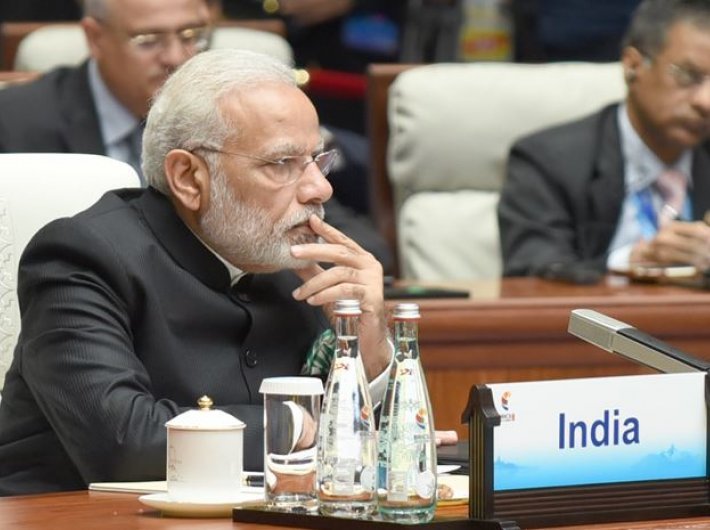Those who are crying wolf over “the bureaucracy’s autonomy” are mistaking the government for a political party
If you want to know why the Narendra Modi government's proposal for lateral entry of experts into the hallowed precincts of the Indian Administration Service has kicked up such a row, this anecdote will be helpful: While researching files on bureaucratic notings during the British Raj, a scholar came across a note by a civil servant to his successor advising the latter to browbeat a truant landlord. The note said, "Crush him". After a few days the successor noted on the file, "Crushed him". The next officer jotted down: "Found him crushed".
That temperamental legacy of the Raj's bureaucracy has been seamlessly passed on to India's modern bureaucracy which steadfastly refuses to change its spots. Over the years Indian civil services have become the most exclusivist and powerful club in the country. Even politicians fade away in comparison.
This is the reason why any attempt to introduce reform in the civil services is resisted from the word go. The brouhaha created by retired bureaucrats and serving civil servants over the lateral entry at the level of joint secretaries is nothing but protecting their power turf.
This government has set in motion some path-breaking initiatives to bring the bureaucracy in line with the government’s approach on development. Modi spent an entire day recently at the Lal Bahadur Shastri academy in Mussoorie and interacted with new trainees to orient them towards the government’s developmental plans. Perhaps this was the first time the trainees were asked by a prime minister to make a detailed presentations on the work they would like to do in the states they have been allotted.
The experiment was unique in more than one way. In one go, trainee civil servants got the chance to interact with the government at the highest level and learn about the government’s priorities. Officials who attended the function said that the new recruits were then guided by the senior-most bureaucrats — secretaries to the government of India — to work on the presentations such that they could pass muster with the prime minister. This experiment was intended to bridge the gap between senior-most and junior-most linkages of bureaucracy and promote an understanding between the two extremes.
The fact that the prime minister personally looked at the presentations and rated them himself is clearly intended to push the bureaucracy to closely align with the government. How could anyone find fault with that? Are civil servants supposed to act in a bubble or work against the interests of the government? Perhaps those who are crying wolf over “the bureaucracy’s autonomy” are mistaking the government for a political party.
If the government is determined to cut the cobweb of complexity created in governance by bureaucracy in the past, it is a welcome step. The lateral entry of officers from the private sector is apparently such a move. The survival in the private sector depends upon efficiency and transparency. The same does not hold true for the government. Lateral entrants might be lost in the labyrinth of files and governance complexities at initial stages, but would find his way by introducing changes.
It is absurd to say that outsiders would hold brief for corporate interests over civic interests when the opposite is actually happening. Witness how many bureaucrats take up post-retirement assignments in corporate India. In the last lap of their service, senior bureaucrats are known to lay the ground, and angle for, juicy assignments in India Inc raising doubts about whose side they were on while in harness. On this issue, the less said the better.
It would be perfectly in order to say that more than politicians, the bureaucracy has been the biggest let down for the country in post-independent India. A nexus of politician-criminal-bureaucrats has promoted a powerful underworld that has substantially undermined and subverted the rule of law across the country. There are stories of chief ministers assisted ably by their favourite bureaucrats to amass wealth at unprecedented scale. Such stories are not fictional.
Overhaul of the bureaucracy is much needed and overly delayed. It needs radical reorientation to be aligned itself with the development priorities of the elected government of the day. And there would be no better way to begin it than by introducing lateral entry and allowing even civil servants to serve in the private sector on deputation to enrich their experience.
In a liberalised economy, it is rather absurd to carry the legacy of socialism and perpetually suspect the private sector as deviant. It is perverse to think that the government and the private sector work at cross-purposes. Let this lateral entry in the bureaucracy be a new beginning of aligning all interests in one direction and usher in a new culture of governance which is totally inconsistent with the culture of the British Raj bureaucracy that believed in the ‘crush-him, crushed-him and found-him-crushed’ thesis of administration.
This comment has appeared on FirstPost.com.

